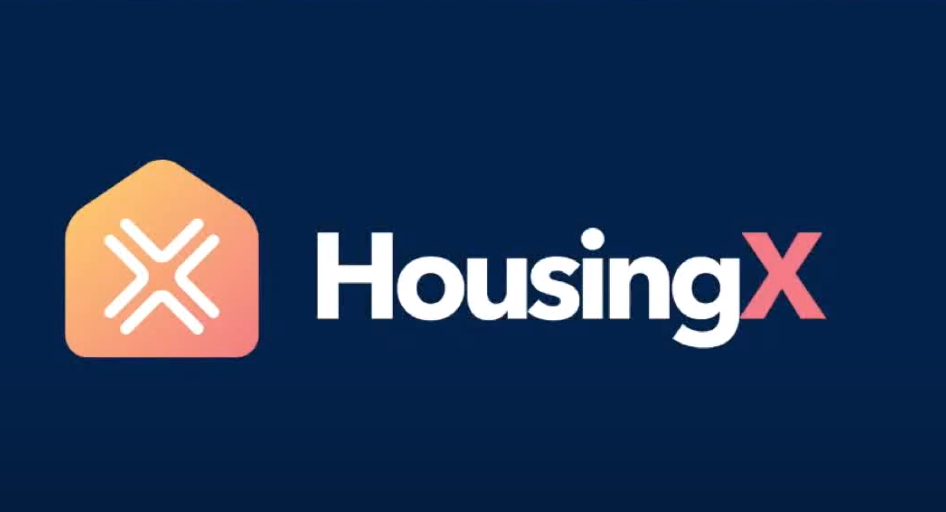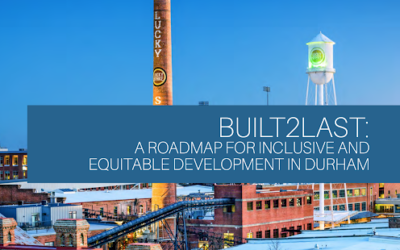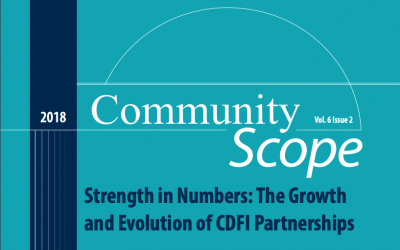Publications, Webinars and Podcasts
Home | Publications | Charlotte, North Carolina’s Affordable Housing Success Story

Charlotte, North Carolina’s Affordable Housing Success Story – xChats October 2019
In 2019, leaders in Charlotte, NC raised $100 million in capital for affordable housing projects. That included $50 million in housing bonds, approved by 69% of voters in Charlotte, and $50 million from private sector sources. This was an incredible achievement, one that organizations in Virginia took serious note of. What lessons can we learn from them to push us towards similar success?
Jeanne Bonds moderates public-private-philanthropic panel on how they created the Charlotte Affordable Housing Initiative.
Sponsored by Virginia Housing, Virginia Community Capital, and Atlantic Bay Mortgage Group.
Prof. Jeanne Milliken Bonds is a Professor of the Practice, Impact Investment, and Sustainable Finance at the Kenan-Flagler Business School at the University of North Carolina in Chapel Hill. Jeanne is a former Leader in Regional Community Development for the Federal Reserve Bank of Richmond. In her previous role, she provided leadership for strategic stakeholder collaboration and community-level solutions, focusing on low- and moderate-income and underserved communities.
Related Articles
Business Intelligence for Creating an Inclusive Model of Contracting and Procurement in the City of Durham
Gentrifying cities increasingly are adopting inclusive and equitable development policies, strategies, tools, and regulatory practices to minimize, if not altogether eliminate, the demographic and economic dislocations that often accompany their growing attractiveness as ideal places to live, work, and play for a creative class of young people and well-resourced retirees who are predominantly white. Creating greater opportunities for historically under-utilized businesses to grow and prosper through enhanced local government contracting and procurement is one mechanism through which gentrifying cities are trying to generate greater equity and shared prosperity.
Built 2 Last: A Roadmap for Inclusive and Equitable Development in Durham
A roadmap for inclusive and equitable development will increase shared prosperity in Durham: sustainability scorecard; collective ambition community mobilization strategy; inclusive entrepreneurial/ business ecosystem; and equitable community economic development innovations fund.
South Carolina Community Capital Alliance Case Study
In the state of South Carolina, community development practitioners have a history of organizing to capitalize on opportunities to create practical solutions for the state’s low- and moderate- income communities in both urban and rural areas. The statewide Community Development Corporation (CDC) association was founded in 1994 by four CDCs. And, in 2000, the state General Assembly provided $10 million in grants, loans and tax credits to certified CDCs by enacting a Community Economic Development Act. The legislation required a state certification of entities as CDCs and CDFIs. Even though CDFIs may be certified by the U.S. Treasury, the state of South Carolina is separate and apart from that process.



